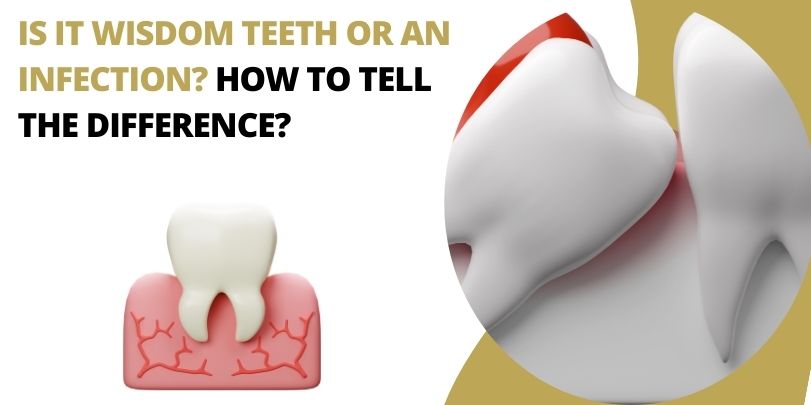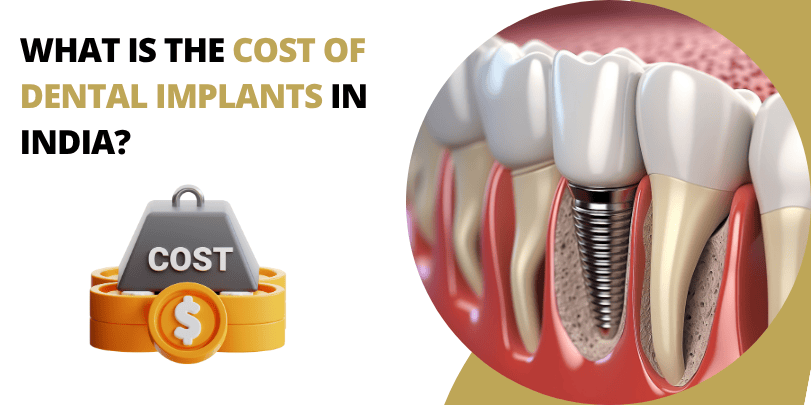Experiencing discomfort in the back of your mouth can be perplexing. It might be due to emerging wisdom teeth or an infection. Detecting the difference between these conditions is important to seek the right treatment. Let’s have a look at what sets the two apart and how can you tell what’s what!
Understanding Wisdom Teeth
Wisdom teeth, or third molars, typically emerge between the ages of 17 and 25. Some individuals experience smooth eruptions without issues, while others face complications like impaction, where the tooth doesn’t fully emerge, leading to pain and swelling.
Recognizing Infections
Dental infections can arise from various sources, including tooth decay, gum disease, or issues related to wisdom teeth. Common symptoms include persistent throbbing pain, swelling, redness, and sometimes fever. A specific type of infection associated with partially erupted wisdom teeth is pericoronitis, characterized by inflammation of the gum tissue surrounding the tooth.
Key Differences Between Wisdom Teeth Pain and Infections
Pain Location and Nature
Wisdom Teeth: Discomfort is localized at the back of the mouth, often behind the second molars. The pain may be intermittent and associated with the tooth’s eruption.
Infection: Pain is more persistent, can radiate to the jaw, ear, or neck, and is often accompanied by swelling and redness.
Visible Signs
Wisdom Teeth: You might notice a tooth partially breaking through the gum.
Infection: Swelling, pus, or a noticeable abscess may be present, indicating a buildup of bacteria.
Systemic Symptoms
Wisdom Teeth: Generally, no systemic symptoms like fever.
Infection: Fever, swollen lymph nodes, and general malaise can occur, signaling the body’s response to infection.
When to Seek Professional Help
If you experience persistent pain, swelling, difficulty opening your mouth, or fever, it’s essential to consult a dentist promptly. Early intervention can prevent complications such as the spread of infection, which in severe cases can lead to systemic issues like sepsis.
Preventive Measures
- Oral Hygiene: Maintain diligent brushing and flossing, especially around the back molars, to prevent food particles from accumulating and causing infection.
- Regular Dental Check-ups: Routine visits allow for early detection of potential issues with wisdom teeth or other dental concerns.
- Avoid Tobacco Products: Smoking can exacerbate dental problems and impede healing processes.
Understanding the distinctions between wisdom teeth discomfort and infections help you to seek appropriate care promptly, ensuring optimal oral health.
Written by DR. PUNEET KATHURIA B.D.S., M.D.S., F.I.C.O.I. (USA)

 Australia No
Australia No Canada No
Canada No India Toll Free No
India Toll Free No UK No
UK No USA No
USA No














